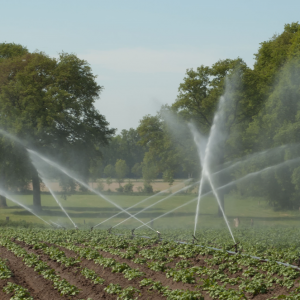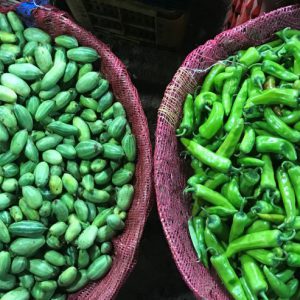As one of 17 megadiverse countries in the world, South Africa boasts a rich tapestry of agro-biodiversity of which neglected and underutilised crop species (NUS) form a part. There is growing momentum to promote NUS to sustainably address topical challenges such as drought and water scarcity, food and nutrition security, climate change adaptation, environmental degradation,...
Category: <span>Publications</span>
Changes to human diets could reduce water scarcity
Each year, four billion people suffer from water scarcity, where demand exceeds supply. This number is increasing as population growth and rising incomes are leading to greater water use. Furthermore, climate change is exacerbating water scarcity by altering rainfall patterns. In order to reduce the threat of insufficient water, we need to reduce our water...
Potential impact on prevalence of obesity in the UK of a 20% price increase in high sugar snacks
Introduction Taxing selected food and drink products is a familiar approach to tackling diet-related health problems, but it’s also controversial and hotly debated. British Prime Minister Boris Johnson recently made a headline-grabbing pledge to review so- called ‘sin taxes’, and called into question their efficacy, which brought him under heavy fire from public health leaders...
What processed foods do Indians buy?
There have been rising concerns over the increasing consumption of industrially processed foods in low- and middle-income countries. These foods often increase the overall dietary content of sugars, saturated and trans-fat, salt and dietary energy density while decreasing the content of protein, dietary fibre and other micronutrients, and therefore contribute to a higher risk of obesity and...
New SHEFS study links global environmental changes to future vegetable and legume production
Published in Proceedings of the National Academy of Sciences, a study led by Dr Pauline Scheelbeek (LSHTM) gathered all existing evidence linking environmental changes to the production of vegetables and legumes. This systematic review has highlighted that, if we continue on current trajectories, the yields of vegetables could decline by up to 35% in some...






